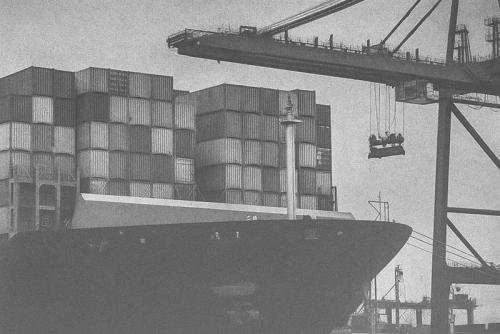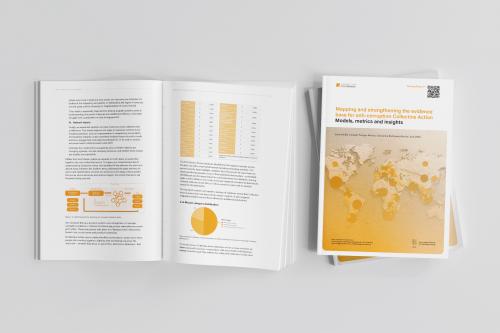Untangling unexplained wealth law: research project with NYU School of Law
![Washington Square Park. Photo by Jean-Christophe Benoist [https://creativecommons.org/licenses/by/3.0)]](/sites/default/files/2020-02/Washington%20Square%20Park.jpeg)
!Efforts to develop a comprehensive understanding of unexplained wealth laws in countries around the world has taken a step forward thanks to a collaboration between the Basel Institute’s International Centre for Asset Recovery (ICAR) and the New York University School of Law.
Also referred to as illicit enrichment or unjust enrichment, unexplained wealth refers to a significant increase in a person’s assets or expenditure that cannot be justified through reference to that person’s lawful income.
As part of a pro-bono research project, a team of NYU law students collated existing legislation and case law on unexplained wealth from dozens of legal jurisdictions. The information is now being systematically analysed to identify instances where prosecutors around the world have managed to:
- establish the existence of unexplained wealth; or
- successfully oppose challenges regarding the validity of unexplained wealth legislation.
The aim of the project is to draw up a comprehensive list of international best practices regarding investigative and prosecutorial methods utilised to successfully prosecute/litigate unexplained wealth matters.
Why do we need best practices for unexplained wealth cases?
Unexplained wealth provisions are an extremely powerful tool to recover assets stolen through corruption. They have been used successfully in a number of jurisdictions – including recently for the first time in the UK against the wife of former Azerbaijani central bank chief Jahangir Hajiyev – and are developing into a strong mechanism to confiscate proceeds of crime.
However, it is still a relatively new area of law and there is limited jurisprudence or guidance for investigators and prosecutors seeking to prove the existence of unexplained wealth.
In working alongside officers of anti-corruption institutions in ICAR partner countries including Tanzania, Kenya, Malawi and Uganda, many investigators and lawyers have noted this lack of guidance as a reason for not actively pursuing unexplained wealth proceedings against suspects.
The development of a comprehensive set of best practices will assist practitioners at anti-corruption agencies in their pursuit of unexplained wealth, and help to promote an increased use of unexplained wealth laws to target and recover stolen assets.



